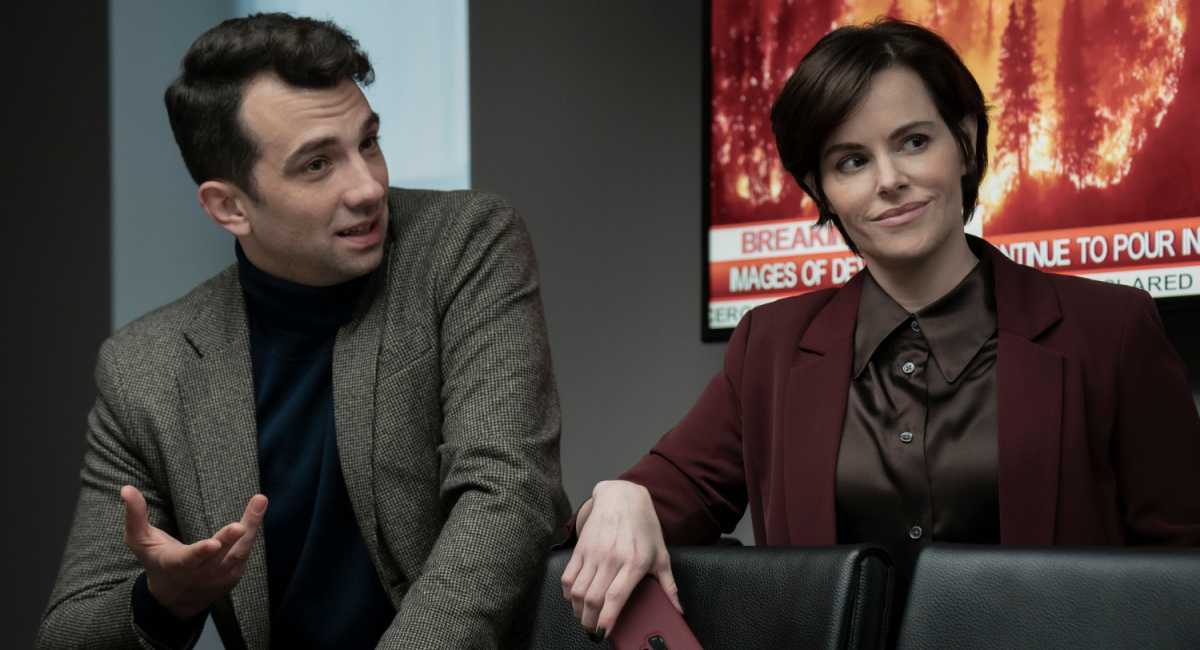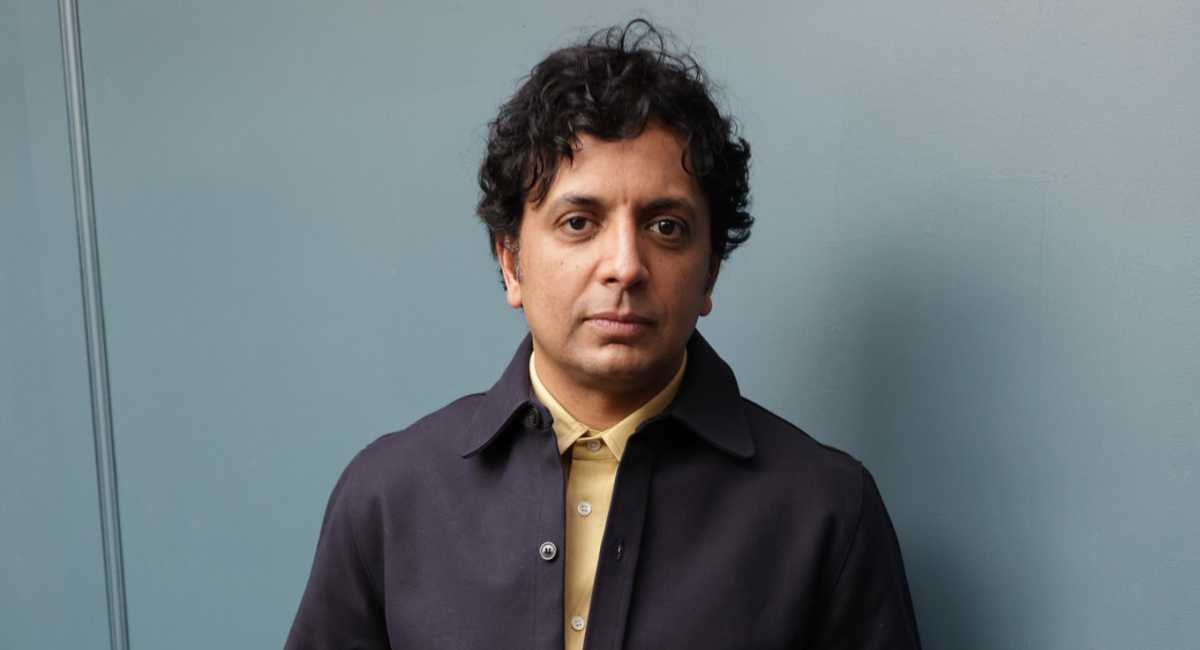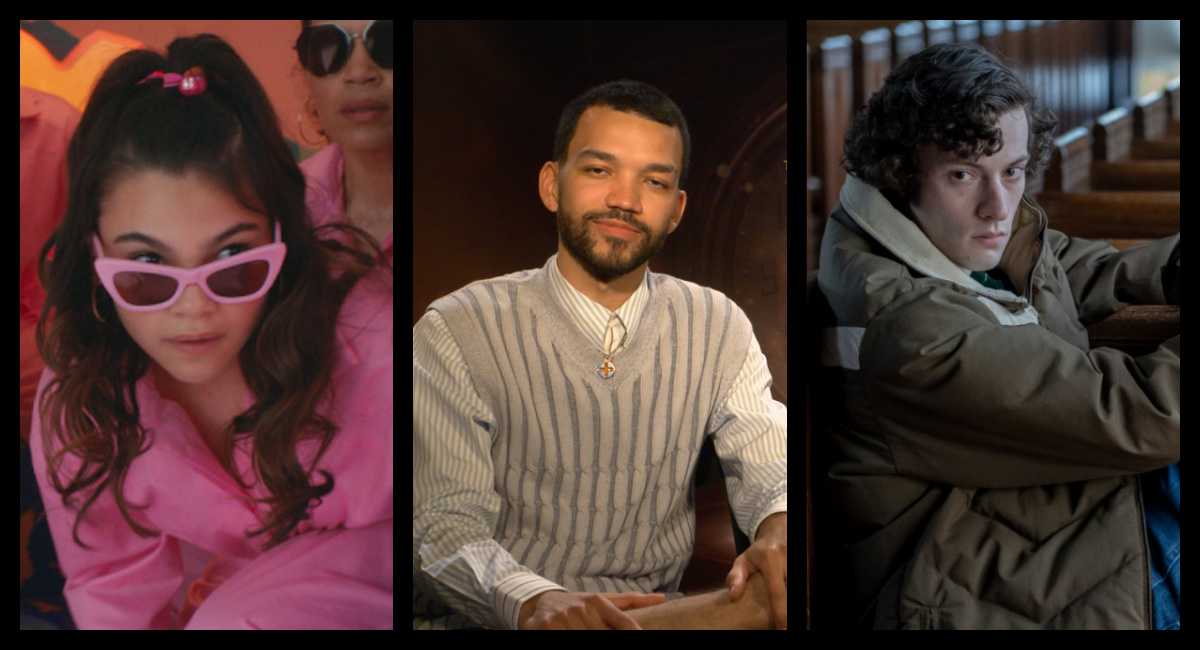'Grey's Anatomy' Is Giving Fans Unrealistic Medical Expectations, Study Says
The constant parade of shootings, bombings, impalings, plane crashes, and ferry crashes depicted on "Grey's Anatomy" may seem far-fetched on the surface, but those cases could actually be giving viewers unrealistic expectations about real-life medical situations.
That's the finding of a new study centered around the trauma patients featured on the longrunning ABC medical soap. Researchers reviewed all 269 episodes from the show's first 12 seasons, and evaluated the 290 trauma patients depicted, comparing them with more than 4,800 similar real-life cases from the National Trauma Databank.
Unsurprisingly, the results that fans saw on television differed markedly from what happened to the real patients, with researchers noting that the "Grey's" cases depicted a higher rate of mortality, a faster rush into surgery straight from the E.R., shorter overall hospital stays, and fewer patients receiving longterm care. The study concludes that "the fictional television portrayal of hospitalization after injury in such dramas is misrepresentative," and the "portrayal of rapid functional recovery after major injury may cultivate false expectations among patients and their families."
In an interview with Time, study co-author Dr. Jordan Weinberg, the trauma medical director at St. Joseph's Hospital and Medical Center in Phoenix, Arizona, said that part of the goal of the research was to make both patients and medical providers aware of the subconscious effect of medical shows, in order to foster better doctor-patient relations.
"Patient satisfaction is a big deal these days. It's become a measure of quality," Weinberg told Time. "If there's a real gap between [expectation and reality], it makes it a relatively poor experience for the patient, and it transfers to a poor experience for the nurses and doctors trying to take care of this patient who feels very frustrated."
Still, Weinberg concedes that "Grey's" actually does appear to strive for accuracy when possible, and notes that it's important to remember why we really tune in.
"We don't watch 'Grey's Anatomy' to be educated," the doctor told Time. "We watch it for entertainment value."
[via: Trauma Surgery & Acute Care Journal, h/t Time]





















